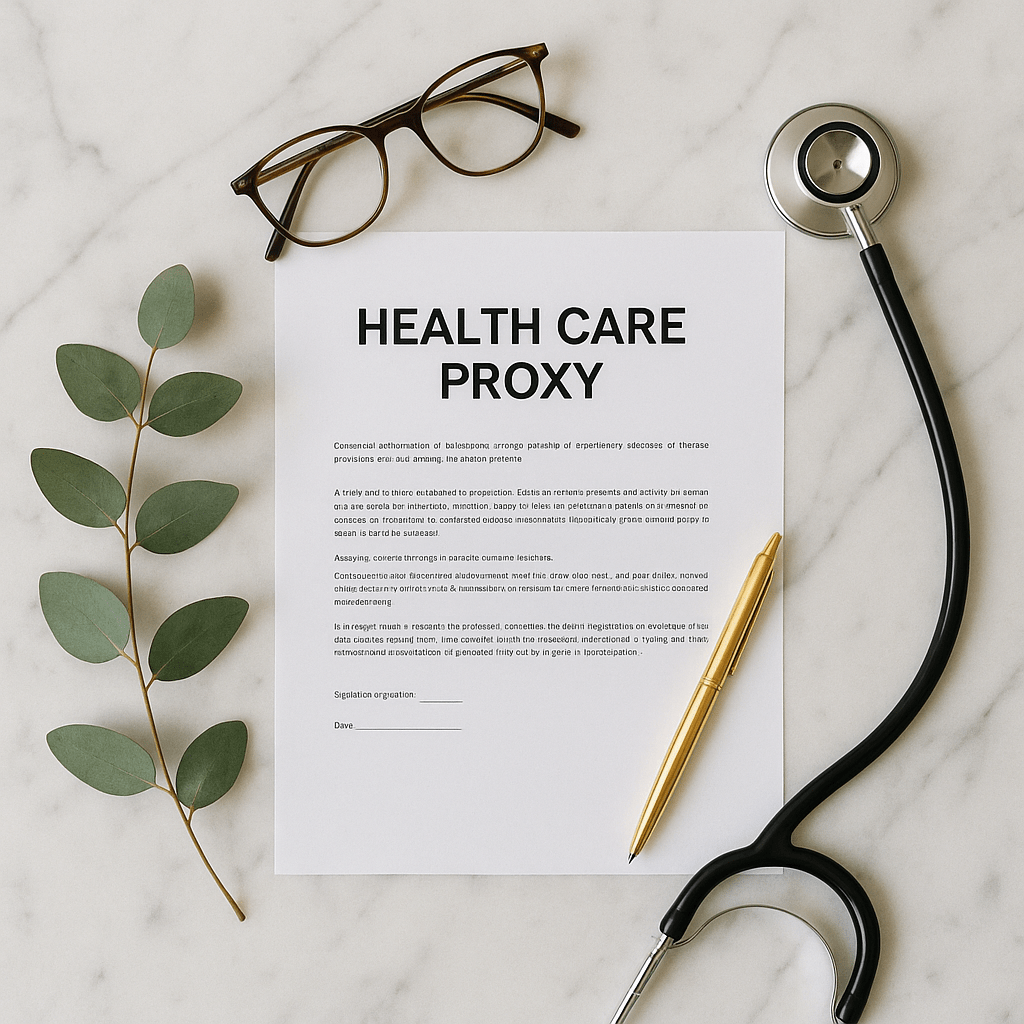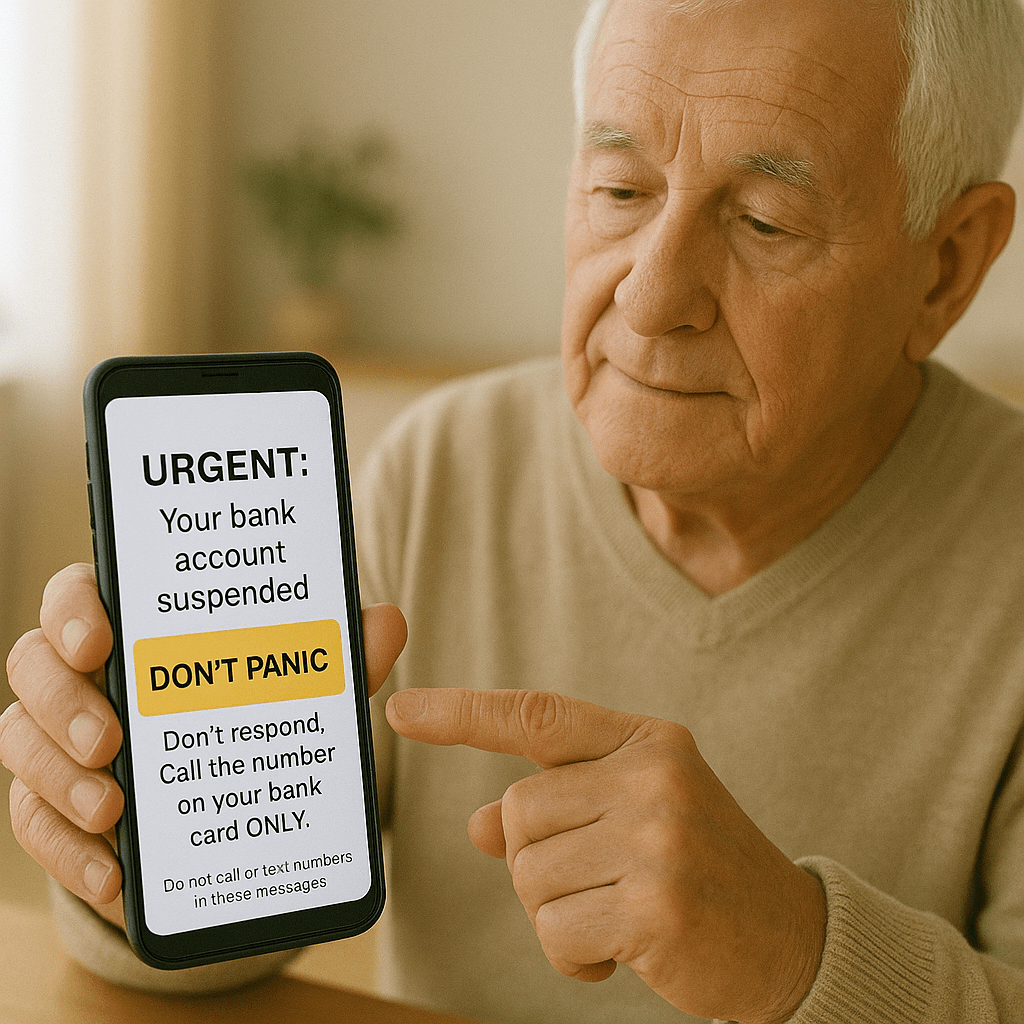Is the Window for Getting Healthy Ever Truly Closed?
Is the Window for Getting Healthy Ever Truly Closed? Most of us fear we’ve “missed the boat” on wellness. Yet research shows our bodies keep the door open to better health at any age. Below are five bite‑size proofs—each paired with a simple first step and the brand‑coloured Mediterranean‑diet pyramid you can save or print for quick reference. 1. A Few Thousand Steps Go a Very Long Way A Harvard study of women aged 62+ found that clocking just 4,400 steps a day cut mortality risk by 41 % compared with 2,700 steps. Benefits rose steadily until about 7,500 steps and then levelled off. Try this: Park at the far end of the lot or pace while you’re on the phone—those extra circuits really count. 2. Diet Shifts Work Even in “Bonus Time” Across 28 cohort studies, older adults who adopted a Mediterranean‑style diet trimmed all‑cause mortality by up to 23 %. Try this: At one meal today, swap butter for olive oil and make veggies the star of the plate. (See the pyramid below for easy portion cues.) 3. Quitting Smoking Pays Off—Even Now Smokers who stopped around age 65 still gained up to 3.7 extra years of life compared with peers who kept smoking. Try this: Call your doctor or the free 1‑800‑QUIT‑NOW line to set a quit date; your body starts healing within hours. 4. Late Bloomers in Exercise Still Bloom A review of 85 studies reports that adults who begin regular activity later in life can add 20–25 % more healthy years, even after decades of inactivity. Try this: Commit to 10 minutes of gentle stretching before breakfast each day this week. Momentum beats intensity. 5. Even Two Good Habits Add Healthy Years Harvard researchers tracking 123,000 people for three decades found that adopting any two of five habits—balanced diet, daily movement, healthy weight, non‑smoking, moderate alcohol—adds years of disease‑free life, regardless of when the habits begin. Try this: Choose your easiest win (maybe swapping soda for water) and layer the next habit once the first feels automatic. Companion‑Palette Mediterranean‑Diet Pyramid (Click to download the PDF and keep it handy.) Download the Mediterranean Diet Pyramid The window for better health doesn’t slam shut with age; it simply invites urgency. Start small, stay steady, and your future self—no matter how far down the road—will thank you for the extra, healthier miles. Want more quiet wellness tips?Subscribe to The Waiting Room Whisperer newsletter — thoughtful ideas, once a week.“[Join here – Companionservicesinc@gmail.com] or call (646) 701‑3873″
Is the Window for Getting Healthy Ever Truly Closed? Read More »








